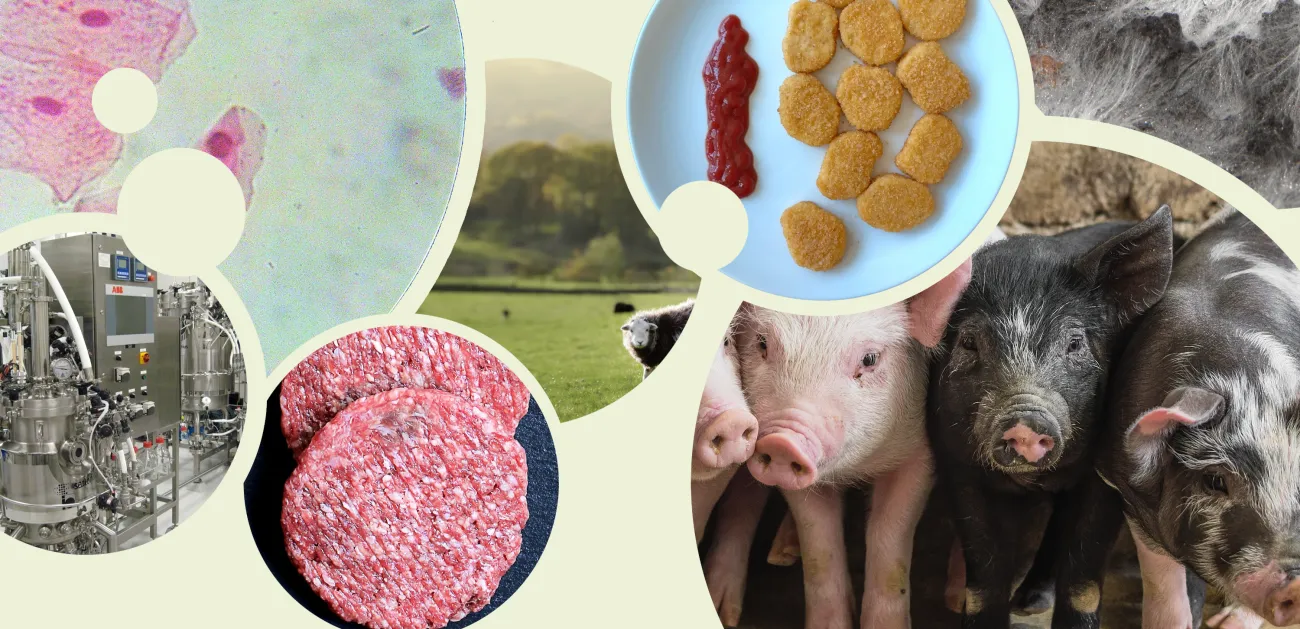This paper reviews the potential contribution of microbial foods to a healthy, resilient and sustainable food system. It covers three main categories: traditional fermented foods such as wine, yoghurt and kimchi; microbial biomass, where the microbes themselves are directly consumed, for example the mycoprotein used in Quorn products; and “cell factories”, otherwise known as precision fermentation, where microbes are genetically modified to produce certain molecules.

Abstract
The current food production system is negatively impacting planetary and human health. A transition to a sustainable and fair food system is urgently needed. Microorganisms are likely enablers of this process, as they can produce delicious and healthy microbial foods with low environmental footprints. We review traditional and current approaches to microbial foods, such as fermented foods, microbial biomass, and food ingredients derived from microbial fermentations. We discuss how future advances in science-driven fermentation, synthetic biology, and sustainable feedstocks enable a new generation of microbial foods, potentially impacting the sustainability, resilience, and health effects of our food system.
Reference
Jahn, L.J., Rekdal, V.M. and Sommer, M.O., 2023. Microbial foods for improving human and planetary health. Cell, 186(3), pp. 469-478.
Read the full paper here. See also the TABLE blog The Politics of Disgust: What future for protein?




Comments (0)